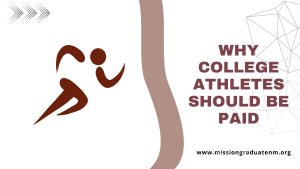College athletes should be paid because getting paid would help them make ends meet, pay medical bills, and fulfill their commitments.
There are many more reasons why college athletes should be paid, which I will explain in depth in this article using the social, economic, and legal aspects.
All the reasons are backed by data, research, and different studies, which we will look at below.
Key Takeaways On Why College Athletes Should Be Paid
- Athletes deserve fair compensation for their labor.
- They deserve a share of these profits.
- Compensation can provide financial stability.
- Athletes deserve to make money based on endorsement using their Name, Image, and Likeness (NIL).
- Legal and ethical issues concerning why college athletes should be paid.
- Economic exploitation of college athletes for not being paid.
- The mental health of college athletes will improve if they are paid.
10 Reasons Why College Athletes Should Be Paid (Quick Overview)
After reading about the plight of college athletes, some research, studies, and reports about collegiate sports, I would like to present ten reasons why college athletes should be paid-
1. Athletes Should Be Paid For Their Efforts
These students dedicate significant time, blood, sweat, and tears to these sports and must be paid for that effort and talent.
Our college athletes are not just students but employees in every sense. Consider their routine: early morning practice, then classes, followed by more practice, study sessions, team meetings, and then games during the season.
Their schedules are more demanding than most full-time jobs. These are not just kids playing a game; they’re individuals undertaking a significant workload and should be compensated.
2. Scholarships Are Not Enough To Cover All The Expenses
Some will argue that scholarships cover college-related expenses. If you have been a scholarship student like me, you know how many other expenses (clothes, workshops, and certifications) must be covered apart from college expenses. Getting paid takes off the stress and financial burden some students might face.
3. Money Is An Equalizer
Many college students come from less fortunate backgrounds and must support their families and themselves. If college athletes under such circumstances get paid, they can change the financial fix their family is going through and excel in the sport without any tension.
In Australia, many college-level cricket athletes get paid for participating in domestic leagues and development programs, which helps them support their sporting careers while studying. Visit Cricstralia for more insights to learn about the opportunities and steps involved in joining these pathways. These initiatives not only provide financial support but also encourage young athletes to pursue professional cricket alongside academics.
4. Right To Make Money Off One’s Own NIL
The amateur sports world is big globally and generates millions of dollars. It is only fair that college athletes at the center of generating this income also get a share of the money generated from their name, image, and likeness (NIL).
5. Others Make Money And Get Fame Because Of College Athletes
Colleges and universities also get to make a name for themselves and get other benefits by association with these college athletes. Paying their college athletes will show that they value and respect their students for their efforts.
6. Medical Expenses
If college athletes get paid, it will help them deal with any injuries and medical expenses they might suffer during training or a game.
7. Miscellaneous Expenses
College athletes can manage other expenses, such as buying textbooks, meals, and transportation, if they are paid. Every college athlete needs food, clothing, and housing, not to mention medical services and transportation.
Often, these necessities stretch beyond what scholarships can cover, leaving athletes in a financial crunch. Paying them would not just help cover these costs but also alleviate the stress that comes with financial insecurity.
8. Economic Equity
The massive income disparity in college sports is concerning. Universities and coaches are getting richer, while athletes are barely scraping by.
By paying athletes, we could start to address this inequality and ensure that everyone who contributes to the success of college sports gets their fair share.
9. Secures Future
The risk of injury or damage to one’s physical and mental health is a hefty price to pay for a scholarship and education. If college students are paid, they can save for the future, if such a problem leaves them unable to perform after graduating from school or university.
10. Female College Athletes Need Support And Encouragement
Female college students often receive no recognition for their talents. Females in sports are not even acknowledged. Paying these females would give them a reason to take part or support themselves in a journey where they are often alone.
NCAA Rules Prohibiting College Athletes From Receiving Compensation
NCAA (National Collegiate Athletic Association) rules prohibiting athletes from profiting off their hard work because of rules like-
- Amateurism
This rule restricts college athletes from receiving any payment or compensation apart from scholarships, college/school stipends, and other permitted compensation.
- Name, Image, Likeness (NIL)
Until 2021 (Supreme Court ruled in NCAA v. Alston courts), the NCAA prohibited athletes from making any profit based on athletes’ NIL. Simply put, athletes couldn’t earn money from endorsements, sponsorships, or other commercials taken in their name.
- No Job Policy
College athletes were also prohibited from getting jobs. Doing so would result in losing their scholarships and eligibility to compete in collegiate sports.
- NCAA’s Limitation on athletes to receive financial support
The NCAA set A financial limitation on college athletes, stating how much these athletes should be paid for tuition and other expenses incurred on campus.
Why should College Athletes be paid- Legal issues
As an Advocate, I was interested in how these college athletes can be helped legally. While researching this, I found a few legal challenges, debates, and solutions surrounding athlete compensation.
Legal Challenges And Debates On Whether College Athletes Should Be Paid
Let us look at the legal issues that question whether athletes should be treated as employees if paid. –
- Will they be treated differently from other students or employees because they fit both categories?
- Can they invoke their rights as a student or an employee in case of an issue?
- It is difficult for colleges to define rules for students who are also employees and are on the college’s payroll. The question arises of whether to treat them more like students or employees.
- What contract will be given?
Will the contract given to these college athletes be a contract defining employment, and if so, will this cause problems for other employee contracts? When will these contracts be renewed?
- Would schools be allowed to terminate an athlete’s employment?
- Union formation- Can these students form unions if recognized as employees? And can they demand overtime and worker’s compensation?
Legal Wins And Solutions to Why College Athletes Should Be Paid.
Don’t let all the above issues dishearten you. Here is some good news for college athletes-
NCAA v. Alston
Ex-college athletes filed this case against the NCAA, stating that their anticompetitive bylaws unreasonably limit the compensation and benefits that student-athletes might receive in exchange for their athletic participation.
In 2021, The Supreme Court ruled in favor of athletes, opening the door for college athletes to seek additional benefits related to their education.
However, the court in NCAA v. Alston refrained from addressing the issue of direct payment for athletic participation.
The judge recognized that the rule set by the NCAA violates antitrust laws and prevents students from profiting in exchange for their athletic participation.
O’Bannon v. NCAA
The O’Bannon v. NCAA case was filed in 2009 by basketball player Ed O’Bannon, who discovered that his image was being used without his consent in a video game. He was not even being compensated for it.
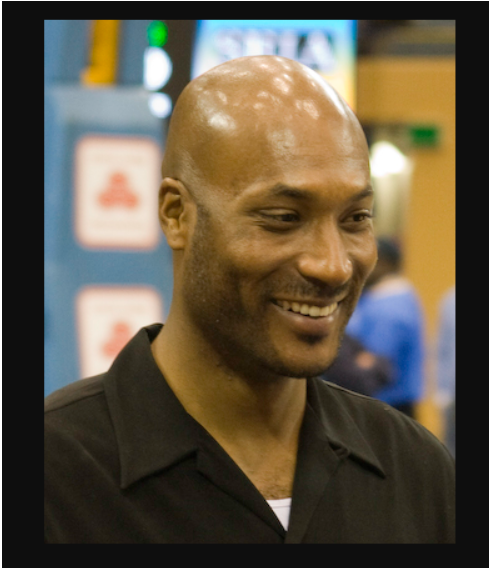
Hence, he decided to challenge the NCAA’s use of athletes’ NIL(names, images, and likenesses) rights without compensation and prohibiting them from doing so.
The district court in O’Bannon v. NCAA said- “ the NCAA’s amateurism rules were an unlawful restraint of trade in violation of Section 1 of the Sherman Antitrust Act.”
The order passed in this judgment directed the NCAA to stop prohibiting colleges and universities from performing their duties towards college athletes.
So what should college athletes get, as per O’Bannon v. NCAA case? Let us have a look-
- Giving student-athletes scholarships up to the total cost of attendance at their respective schools.
- Seek additional financial aid not related to athletic skills if needed.
- Receive compensation for the use of their names, images, and likenesses.
Practical Insight Why College Athletes Should Be Paid For Their Work
So far, we have spoken about the legal challenges and rules on athletes’ payment.
Now, let us take a closer look at the practical reasons why college athletes deserve to be paid for their work backed with data and studies.
Economic Disparity
My main issue with NAACs philosophy is that they use amateurism not to pay college athletes but to use them for profit for themselves and others.
Let me help you understand the “Amateurism” role so you, too, can judge whether it seems fair or unfair to you.
The NCAA was formed in 1905 to protect amateur college athletes’ safety and needs. Today, the association comprises 1,101 universities and colleges across the United States. It puts age-old restrictions on college athletes because they are amateurs, which does not help these students, which was their job in the first place.
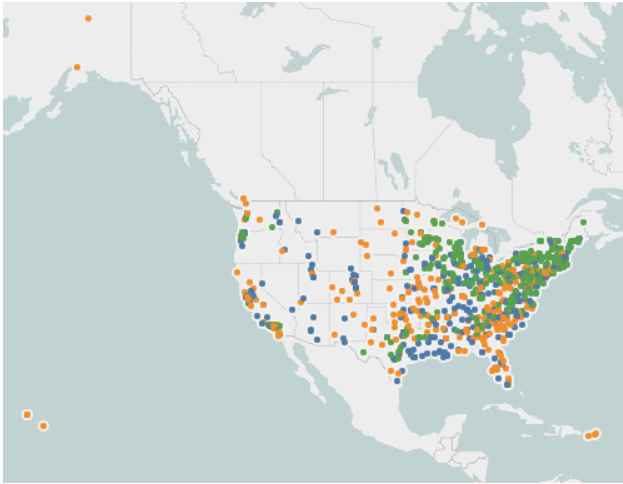
The rule of amateurism has led to growing economic disparity between college athletes and their institutions. For example, the revenue generated by amateur college programs, as reported in this news article, are-
- Football is the most profitable college sport, with $31.9 million in annual revenue.
- Basketball is the second-most-paid college sport, with 8.1 million in revenue per school yearly.
- NAAC has $565 million in net assets and generated nearly $1.3 billion in 2024 because of these amateur sports programs.
So, what do students who generate this revenue get?
- Education opportunity at a university.
- Educational Awards.
- Approximately $6,000 each only.
Social Impact
I would like you to walk a mile in the shoes of a college athlete. When I did this exercise to write this article, various social issues came to my mind-
- Athletes must face external pressure to excel in sports while balancing academics.
- College athletes have other commitments towards their friends, family, and society besides just playing in the sports program.
- Women college athletes are not recognized as often as their male counterparts.
- Racial inequality in college sports programs.
External Pressure On College Athletes
Pressure on athletes could look very different for each athlete. A few forms that come to my mind are-
- Need to perform to justify the opportunity presented to them.
- Expectations from the media to do something so they can write about it.
- Expectations from the fans to consistently win.
- Expectations from the manager or team to perform a certain way.
- Expectations from the National Governing Body are to abide by stringent rules that will endanger their future if not followed.
- Expectations from friends and family.
Women College Athletes- No Salaries, No Good Facilities Either
Women’s college athletes and teams receive less funding and recognition than men. For example, during 2019-2020, the difference in spending related to travel between women’s and men’s basketball teams was over $20 million.
If that wasn’t enough, the trending videos of men’s sports facilities and women’s locker rooms in colleges always boggle my mind. Here, take a look at what I am saying-
Women’s College Basketball team’s locker room-
Men’s Football team locker room and facilities
Some would argue that this may be because the men’s college team is doing better. Let me stop you right there and tell you that the University of Connecticut is spending almost $100,000 more on the men’s basketball team meals than they are on their women’s team, even when the women’s team has performed well.
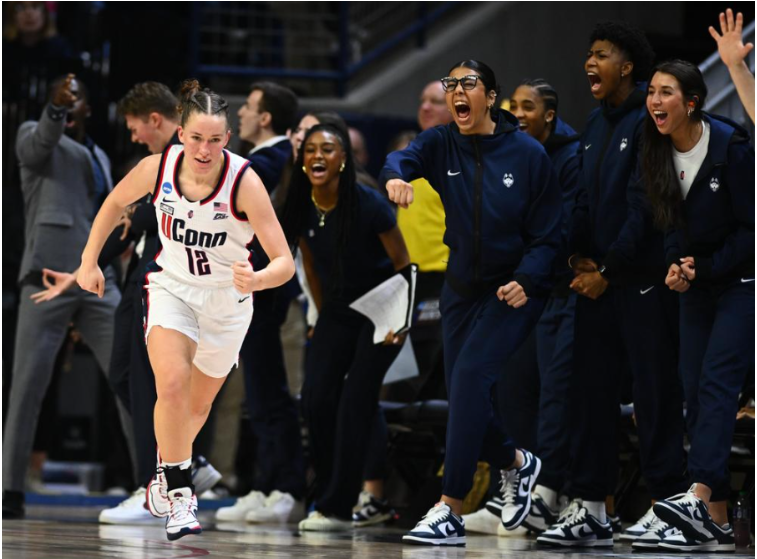
Additionally, growing up, many young girls do not know that they have the option to become athletes because they rarely see other successful female players.
If female teams are at least paid, this would serve as a good perk for girls to pursue sports and support themselves while doing so.
Black Athletes
Sixty years after Brown v. Board of Education, the problem of combating racial inequalities in the school system continues. This case did solve the segregation issue, but the issue of black athletes leveraged by the rich has now come forward.
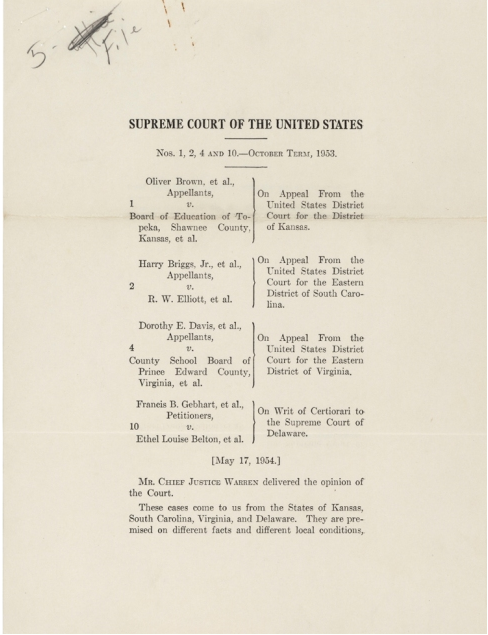
It is interesting to note that in “Elevating the Game: Black Men and Basketball” by Nelson George, he talks about how most coaches, board members, and NCAA authorities are white. Meanwhile, most basketball players in college programs are black and usually the ones generating money.
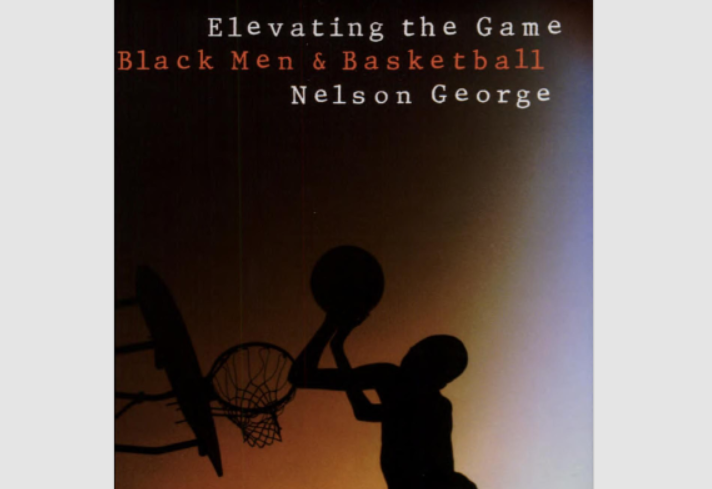
Emotional Toll
The last point I bring to your attention is the emotional roller coasters college athletes go through that affect them mentally. Still, they would not seek available help on college campuses because of the stigma attached to it.
This is another reason why college athletes should be paid; if they are paid, they can get help independently without relying on college facilities that are often poor and unsatisfactory.
Mental Pressure to be Robust or Unaffected
In a survey, it was found that college athletes are extremely scared to report their concussions. The White and Black collegiate athletes, 15.6% and 17.7%, respectively, reported a history of concussion nondisclosure, and the reason chosen by most college athletes was-
“I thought my teammates would think I am weak.”
Imagine how this stigma around sports people of being constantly robust or unaffected must be for them, often leading to them suffering in silence. If students are paid, they can seek help until this stigma is eradicated.
Additionally, 63% of college athletes reported having an emotional or mental health issue that had affected their athletic performance. However, only 10% seek help because they don’t want to show weakness or vulnerability.
Personal Opinions & Anecdotes Of Struggles Of College Athletes
On having no money to buy food-
On how money is made at the expense of college athletes-
“ Others can create their own business and make money off it so why would an athlete not be allowed to do that??”
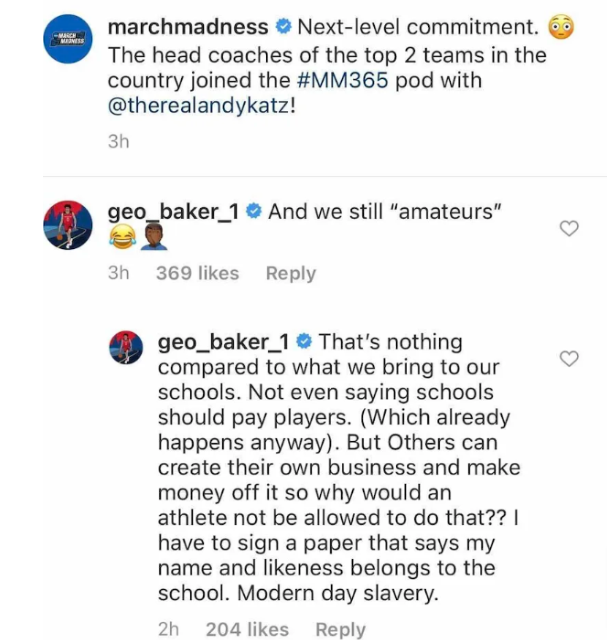
On lack of mental health support-
“There were a couple of times when the team met with our one and only “team psychiatrist” through Zoom. While on this Zoom meeting, the psychiatrist put us in breakout rooms and told us to talk amongst ourselves about whatever mental health problems we were having…nobody said a word. To me, this just seemed like a half-as*ed effort to try and show that they care about our mental health.”

Should College Athletes Be Paid? Financial Struggle Of College Athletes
College athletes face many challenges in making ends meet while playing sports. Not everyone comes from a place of money and privilege to focus only on sports or academia.
Here are a few struggles of underprivileged college athletes in 2025-
- Expenses required to attend a college exceed the amount athletes are awarded in their scholarships.
- Agents, alums, and fans pressure athletes from low-income families to settle for less compensation for their hard work. This is coercion and is illegal under current rules.
- It is illegal to work a job if you are a college athlete, so athletes face a dilemma between playing sports, earning money, and accumulating debt.


Here is a Real Life Example of AJ Green and Terrelle Pryor (who came from poorer backgrounds), who had to sell their memorabilia in 2011 for small amounts. Both brought a ton of money into their universities, yet they were desperate for money when they sold their belongings.
Verdict- College Athletes Should Be Paid!
First, paying college athletes is a must, as this gives them financial freedom and helps them not be weighed down by financial hardships. Compensating college athletes is the need of the hour. Laws should be passed and built for it to function smoothly.
Second, College athletes are young players and the future of American sports. These young people deserve the same respect from big lobbies and organizations that are getting richer at the expense of these young sportsmen’s efforts. Big organizations and universities need to stop making excuses to use young talent to make money.
Third, the sport is nothing without its fans or players. Hence, supporting our beloved athletes and their rights at the amateur level is also essential.
